When choosing paint protection film for your vehicle, understanding the fundamental differences between thermoplastic polyurethane (TPU) and vinyl options becomes critical for making an informed decision. Although both materials serve the same protective purpose, they deliver markedly different levels of performance, durability, and value.
Understanding the Materials
TPU paint protection films utilize thermoplastic polyurethane technology, representing the current gold standard in automotive protection. This material demonstrates exceptional elasticity with over 300% stretch capacity, allowing seamless conformity to complex vehicle contours like hood vents and fender curves. The molecular structure enables remarkable flexibility while maintaining strength, making TPU films significantly thicker and more robust than traditional alternatives.
Vinyl paint protection films, typically manufactured from polyvinyl chloride (PVC), represent the older generation of protective technology. While these films have served the industry for decades, they exhibit inherently rigid characteristics that limit their performance capabilities. Vinyl films generally measure thinner than TPU alternatives and lack the advanced chemical composition that provides superior protection.

Performance Advantages of TPU Films
Superior Durability and Protection
TPU films excel in providing comprehensive protection against road hazards. Their exceptional impact resistance effectively shields vehicles from scratches, rock chips, and stone damage by distributing impact energy across the film surface. This results in protection that lasts 7-10 years under normal conditions, significantly outperforming vinyl alternatives.
Self-Healing Capabilities
One of TPU's most remarkable features involves its self-healing properties. Minor scratches and swirl marks disappear when exposed to heat from sunlight or warm water, as the film's molecular structure reorganizes to restore its original smooth surface. This automatic repair mechanism maintains the film's pristine appearance throughout its service life.
Enhanced Optical Clarity
TPU films maintain exceptional clarity and gloss retention, enhancing paint depth and reflectivity without interference. The transparent nature preserves the vehicle's original color while adding dimensional richness to metallic finishes. This optical excellence remains consistent throughout the film's lifespan without yellowing or hazing.
Chemical and Environmental Resistance
TPU demonstrates superior resistance to UV radiation, preventing paint fading and oxidation while blocking harmful solar rays. The material also resists chemical damage from bird droppings, tree sap, and road salt, providing comprehensive environmental protection. Additionally, TPU films exhibit hydrophobic properties that repel water and contaminants, simplifying maintenance requirements.

Vinyl Film Characteristics and Limitations
Cost Considerations
Vinyl films typically offer lower initial investment costs compared to TPU alternatives, making them attractive for budget-conscious consumers. However, this price advantage often proves misleading when considering long-term value and replacement frequency.
Durability Concerns
Vinyl films demonstrate shorter lifespans, typically lasting 1-3 years before showing signs of degradation. The rigid nature of PVC makes these films more susceptible to cracking, especially when exposed to temperature fluctuations and UV radiation. This brittleness becomes particularly problematic in areas with intense sun exposure.
Installation Challenges
The rigid characteristics of vinyl films create significant installation difficulties, particularly on curved surfaces and wrapped edges. Installers often require additional tools like heat guns to achieve proper adhesion, increasing both installation time and potential for errors. Poor flexibility can result in lifting edges and premature failure.
Performance Limitations
Vinyl films lack self-healing capabilities, meaning scratches and surface damage remain permanent. They also show greater susceptibility to yellowing and discoloration over time, particularly under UV exposure. Chemical resistance proves inferior to TPU, making vinyl films more vulnerable to environmental contaminants.

Cost-Benefit Analysis
Initial Investment Requirements
TPU films require higher upfront investment, with full vehicle coverage ranging from $1,500 to $10,000 depending on vehicle size and film quality. Professional installation adds approximately $500-1,000 to total costs, reflecting the precision required for optimal results.
Vinyl films offer lower initial costs, typically ranging from $800-2,000 for complete coverage. However, shorter lifespan and reduced protection capabilities often necessitate earlier replacement, potentially increasing long-term expenses.
Long-term Value Considerations
TPU films provide superior long-term value despite higher initial costs. The 7-10 year lifespan, combined with self-healing properties and comprehensive protection, often results in lower cost-per-year ownership. Additionally, superior paint preservation helps maintain vehicle resale value.
Vinyl films may require replacement every 2-3 years, potentially doubling lifetime protection costs. The inferior protection level may also result in paint damage that reduces vehicle value over time.
Installation and Maintenance Requirements
Professional Installation Necessity
Both TPU and vinyl films benefit from professional installation, but TPU's superior flexibility makes it more forgiving during application. The material's elasticity reduces the risk of installation errors and provides better conformity to complex surfaces.
Vinyl's rigidity demands exceptional installer skill to achieve acceptable results. Improper installation frequently results in visible edges, bubbles, and premature failure, making professional expertise even more critical.
Maintenance Considerations
TPU films require minimal maintenance beyond regular washing with pH-neutral soaps. The self-healing properties automatically address minor surface imperfections, reducing long-term care requirements. Hydrophobic properties also simplify cleaning by repelling contaminants.
Vinyl films demand more careful maintenance to maximize lifespan. Without self-healing capabilities, surface damage accumulates over time, requiring more frequent replacement. The material's susceptibility to chemical damage also necessitates immediate cleaning of environmental contaminants.
Making the Right Choice
For vehicle owners prioritizing long-term protection and value, TPU films represent the superior investment. The combination of durability, self-healing properties, and optical clarity justifies the higher initial cost through extended service life and superior paint preservation.
Vinyl films may suit short-term applications or budget-constrained situations where basic protection suffices. However, the frequent replacement requirements and inferior protection levels often result in higher lifetime costs and reduced satisfaction.
The decision ultimately depends on your protection requirements, budget considerations, and ownership timeline. For vehicles you plan to keep long-term or high-value automobiles requiring maximum protection, TPU delivers unmatched performance and value despite the higher initial investment.


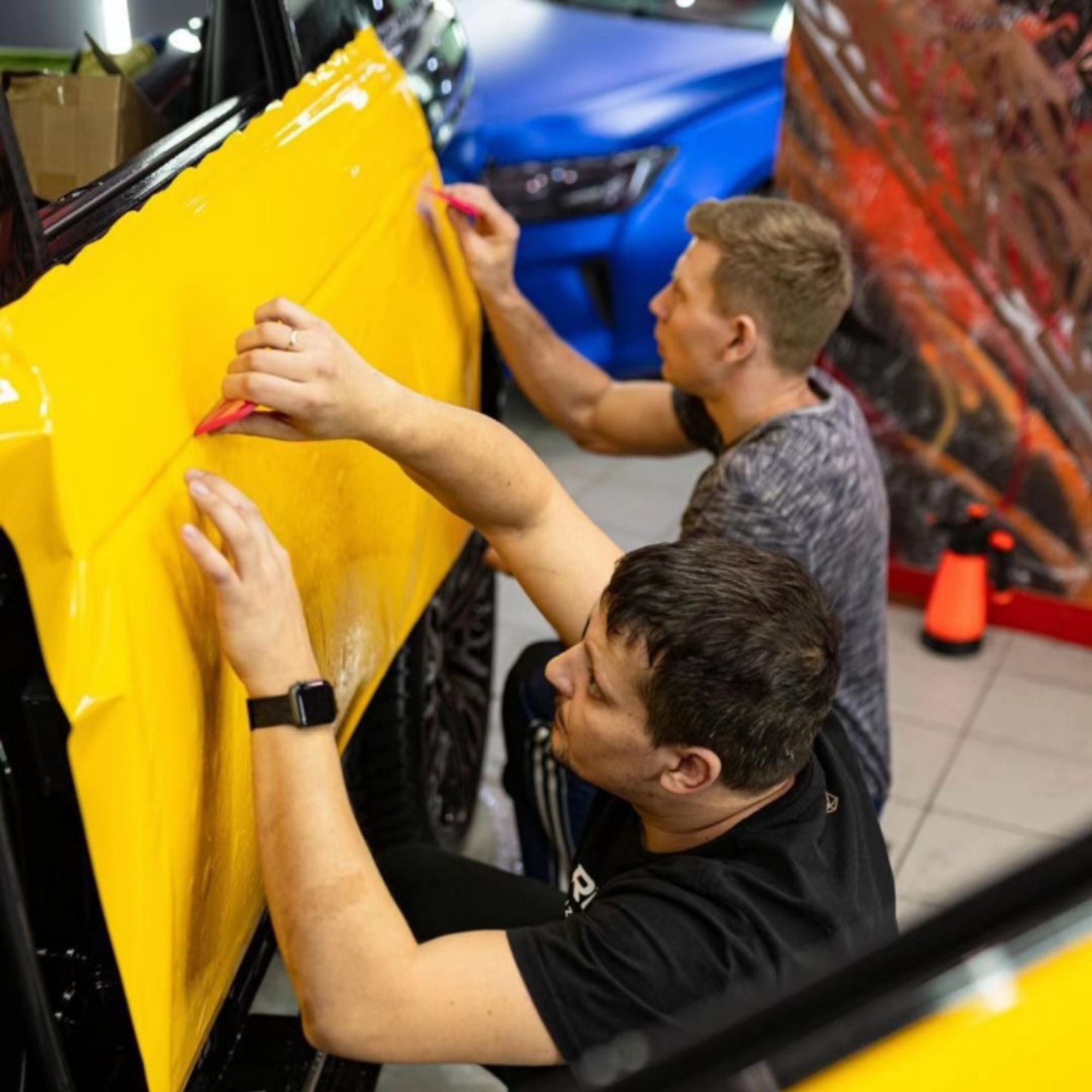
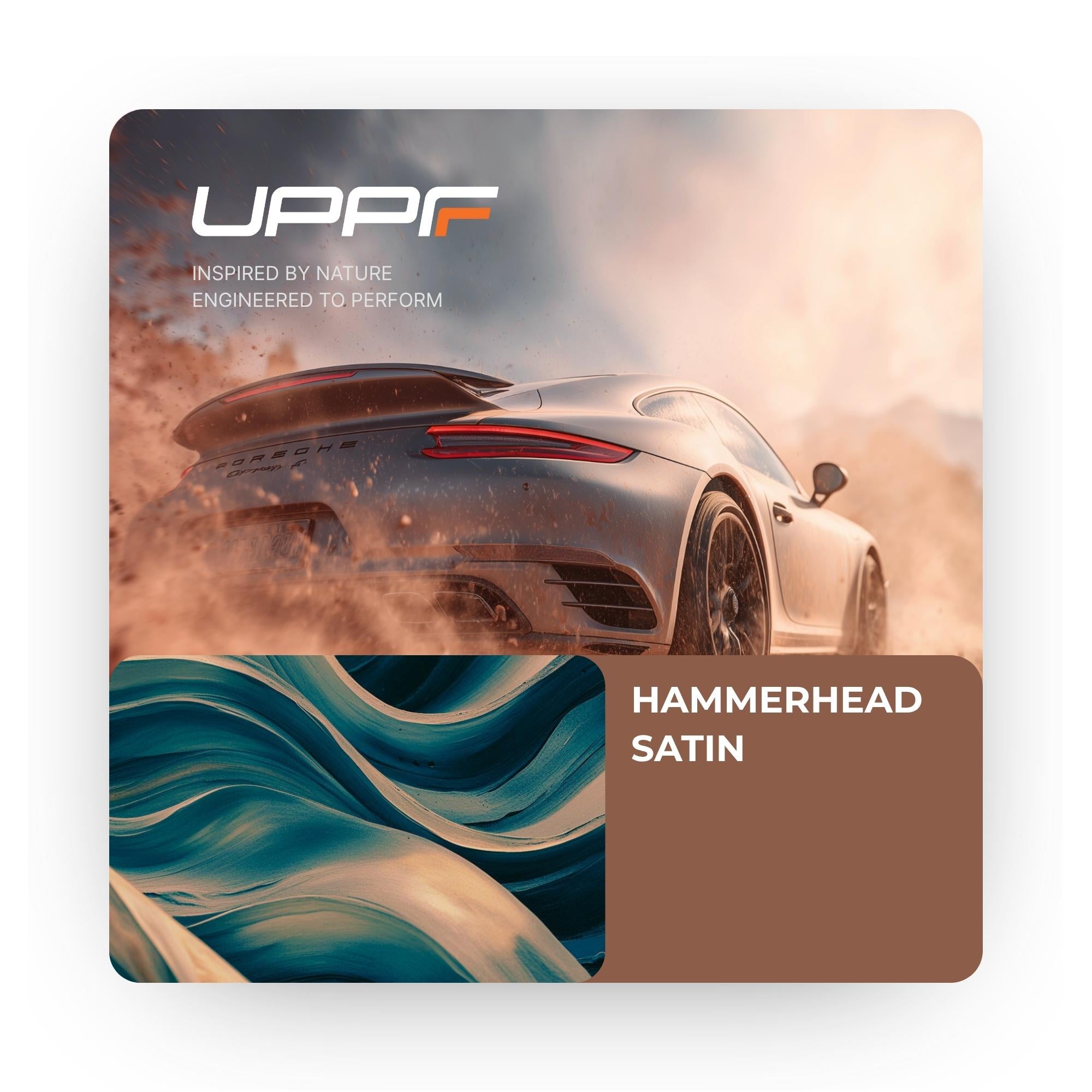
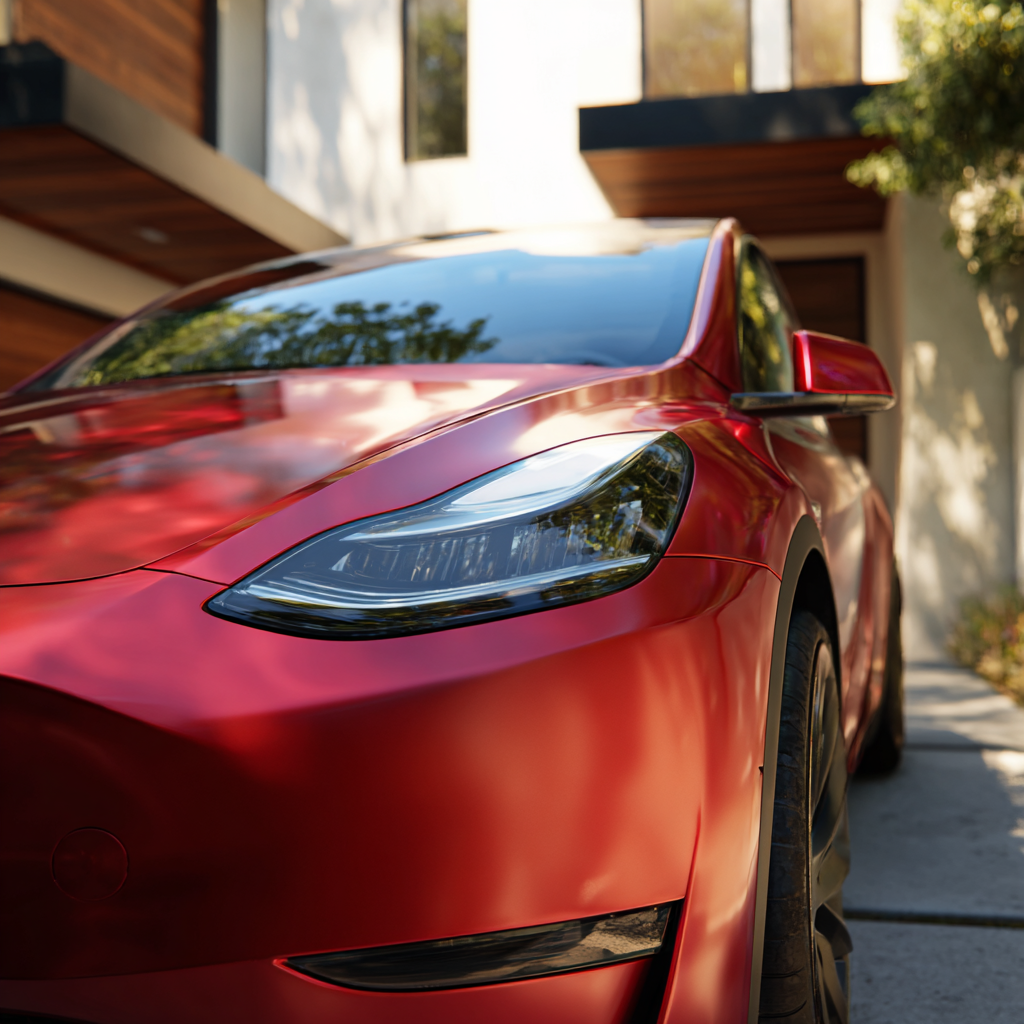

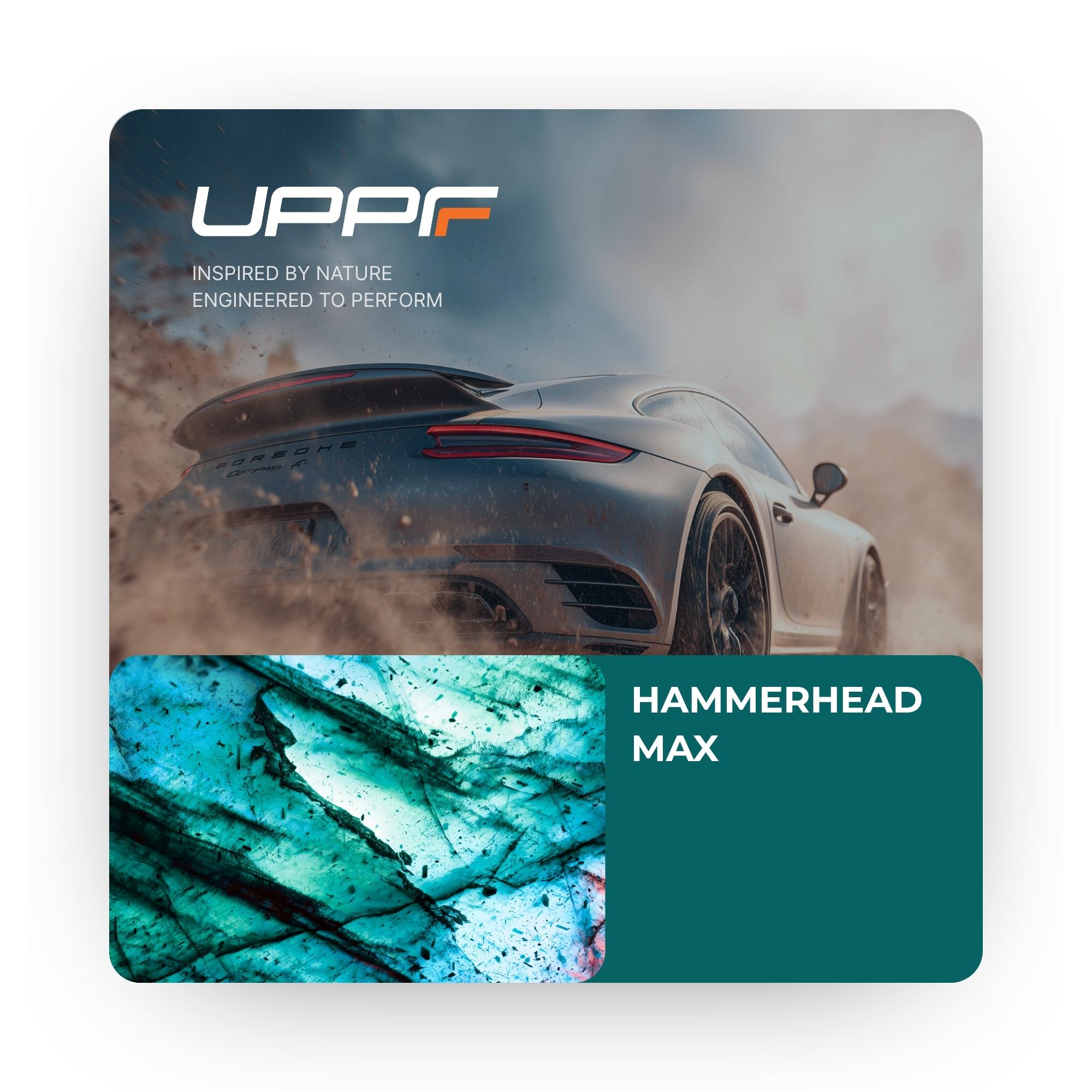


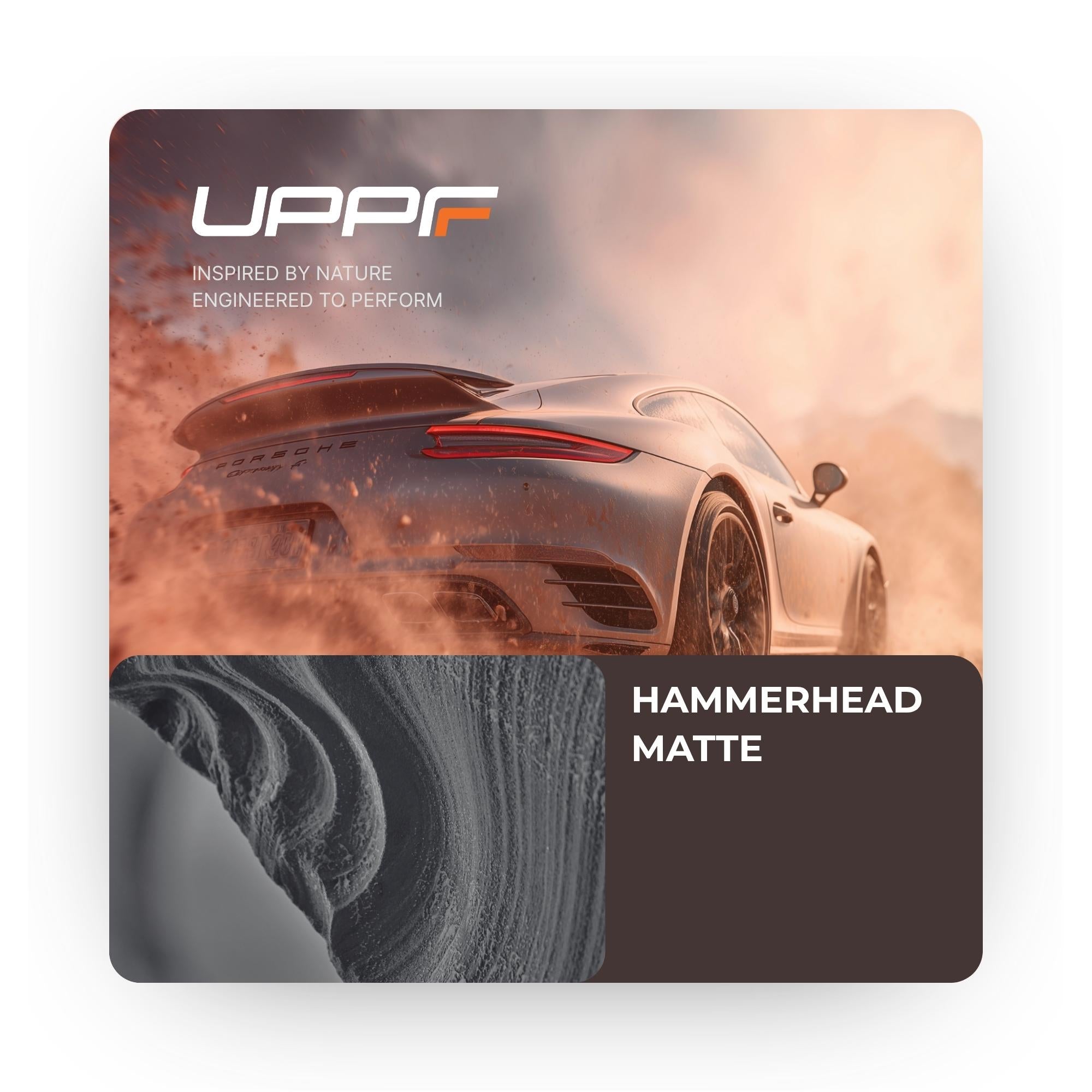


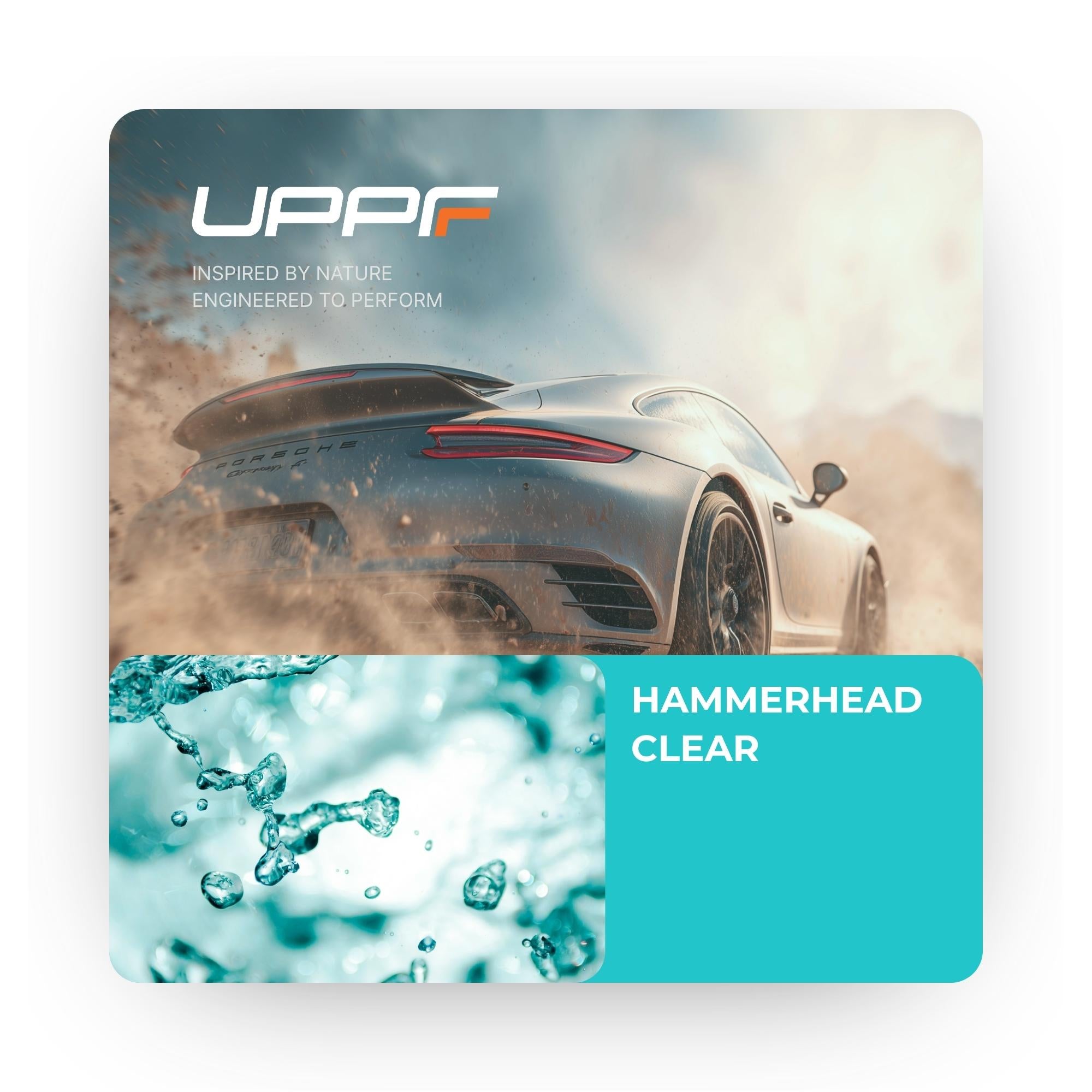


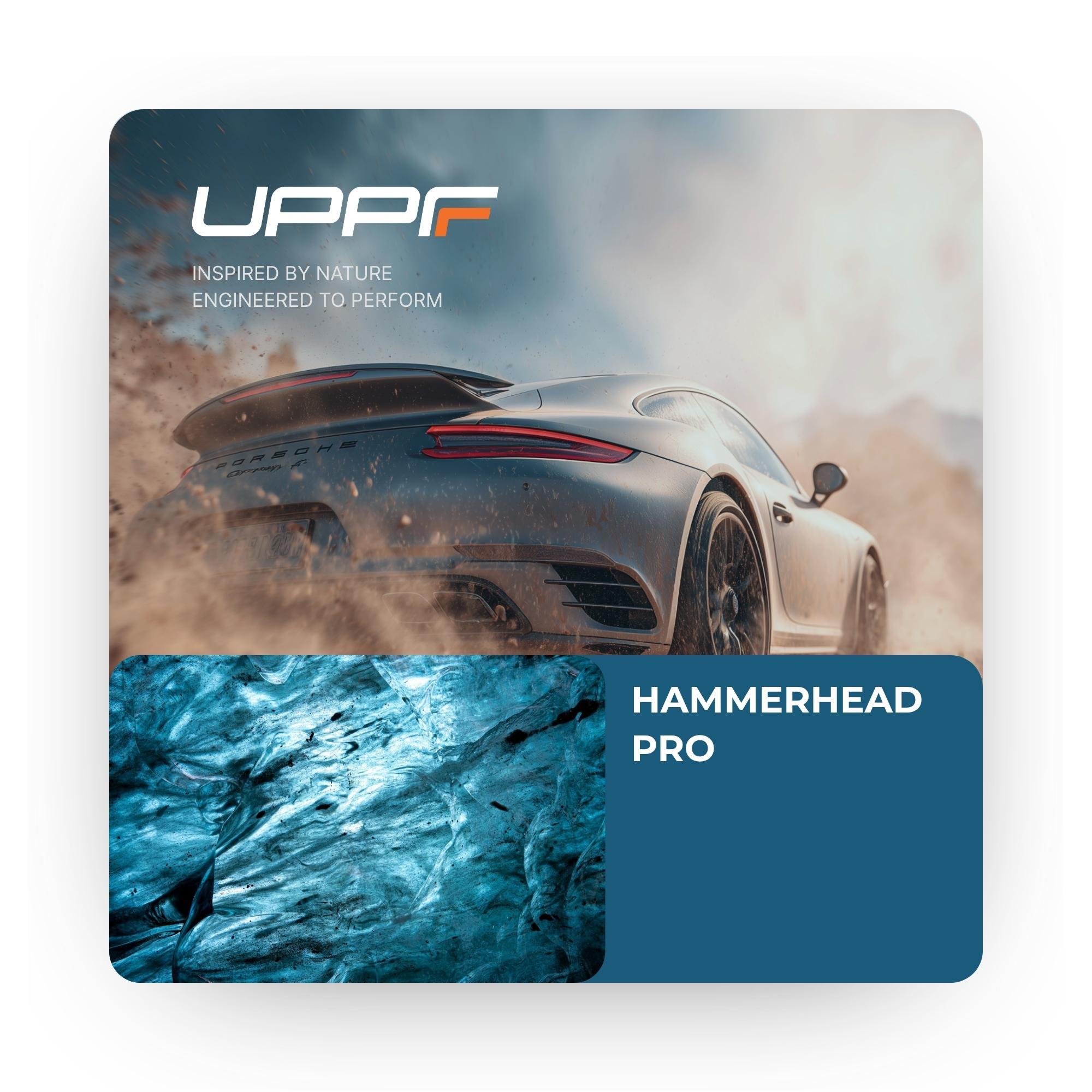



Share:
How do I properly clean and maintain my PPF?
What factors affect PPF Pricing?